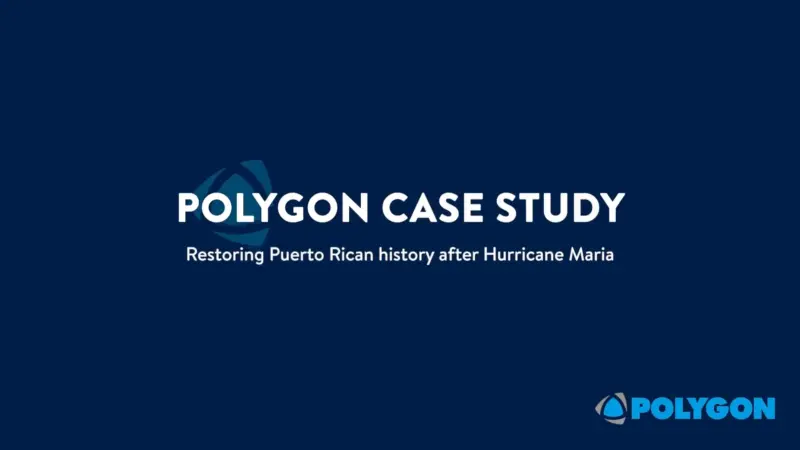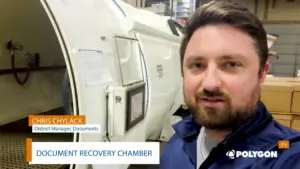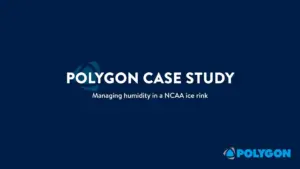COMMON REGULATIONS IN THE FLEXIBLE VINYL INDUSTRY
When you use or manufacture any flexible vinyl product, there are certain regulations that apply. Regulatory lists may identify certain materials or components which can change how a product is manufactured or processed. In particular, regulated materials may have certain restrictions that effect formulations, specifications, and functionality. And as time goes on, more and more plasticizers, additives, and pigments are being added to both domestic and international regulatory lists.
Presco has a robust and infinite variety of compliant vinyl products and solutions available to meet their customers’ needs. In fact, in the event a regulated product is required for a client project, Presco’s especially broad and flexible vinyl capabilities allows them to provide the customer with an appropriate, compliant substitution, including documentation regarding testing and compliance of the material. Their in-depth perception of the different regulatory climates provides them with the expertise to manufacture their products to meet this ever-growing list of distinct and specific regulations.
To understand a bit of the complexities of this highly regulated industry, let’s take a look at some of the more common industry regulations.
PROP 65
In the US, the most ubiquitous regulatory rules come in the form of California Proposition 65, officially known as the Safe Drinking Water and Toxic Enforcement Act of 1986. This list was originally compiled to protect the state’s drinking water from being contaminated with chemicals causing cancer, birth defects, or other reproductive harm. The proposition requires businesses to inform constituents if a product contains materials deemed unsafe. The regulations are extremely broad, and everything from manufactured goods to new buildings that might contain regulated materials must be labeled to provide a “clear and reasonable” warning before exposure. Proposition 65 is a California specific regulation, and the classification does not necessarily agree or align with TSCA, OSHA, or other regulatory groups.
REACH
If you are interested in doing business in the European market, the Annex XVII of the REACH regulations contains the list of restrictions on certain hazardous substances, mixtures and articles with regard to their marketing and use in the European market. Like Prop 65, a restriction can apply to any substance on its own, in a mixture, or in another manufactured product, including those that do not require registration. In particular, Article 33(1) of the REACH regulations states that manufacturers and importers are required to notify their customers of the presence of any Substances of Very High Concern (SVHC) in their products exceeding 0.1% by weight, and provide clear instructions on safe use of the product.
NON-COMPLIANCE IS COSTLY
For companies that ignore these regulations, the results can be devastating, including fines and expensive lawsuits by both the state and private firms. Some penalties for breaking Prop 65 can cost up to $2500 per day, per violation! Meanwhile, private attorneys can sue you for up to 25% of the penalties, and command massive fees far in excess of those penalties. In Europe, it is similarly bleak for infringements. Failure of any supplier or importer of an article containing a SVHC in a concentration above 0.1% by weight, or to provide sufficient information to its recipient or customer on safe use and disposal of that article, will be subject to violation.
PRESCO PROTECTS AND DELIVERS
For those in the industry, it’s not only critical to be in full regulatory compliance, but to be aware of the consequences for noncompliance as well. Presco is one of the few companies that delivers materials to meet any customer specified regulatory requirement, supplying any and all required regulatory testing and documentation to protect their clients’ interests. Presco evaluates the exposure level risks and compares them to Prop 65’s NSRLs (No Significant Risk Levels) for cancer-causing chemicals and MADLs (Maximum Allowable Dose Levels), limits placed on materials by the SVHC listing. Presco can also formulate listed ingredients out of an existing film.
Questions about flexible vinyl regulations or a need to create regulation-compliant custom materials? Get in touch with Presco today!
Read more at pres-flex.com








